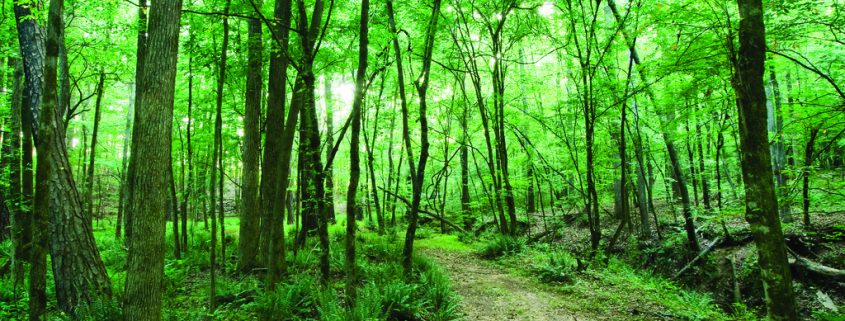 Conservation Easements
Conservation Easements
Conservation Easements in Morgan County: Interactive Story Map
Interested in learning where conservation easements are located within Morgan County?
![]() Click here to view our interactive Story Map, which highlights those protected properties!
Click here to view our interactive Story Map, which highlights those protected properties!
Conservation Easement Acreage: 5,500 and counting…
Since 2004, the Conservancy has been working with landowners and land trusts to protect the critical natural, agricultural, and historic resources in and around Morgan County. A total of over 5,500 acres have been permanently protected in Morgan County through this voluntary, private land conservation tool.
Landowners who want to protect their property can donate a conservation easement, which restricts land use in an effort to protect the conservation values on the property. See an example of one family’s decision to use conservation easements as a tool: ![]() Vason Conservation Easements.
Vason Conservation Easements.
For more detailed information about conservation easements and the resulting tax advantages, ![]() Click here. If you are interested in using this tool, please contact us – we will be pleased to provide you technical assistance in the process.
Click here. If you are interested in using this tool, please contact us – we will be pleased to provide you technical assistance in the process.
Conservation Easements Defined:
A conservation easement is a voluntary legal contract between a landowner and a qualified organization (usually a land trust) which determines the use of the land in order to protect its conservation values. Even though the land use is restricted through the terms of the easement and those restrictions stay with the land forever, conservation easements allow landowners to use the property (often for income-producing purposes), to retain full ownership, and to sell it or give it to heirs. The land trust or other qualified organization “holds” the easement and is responsible for monitoring and defending its compliance in perpetuity.
Conservation Easements and Private Property Rights:
Conservation easements are the most successful of all conservation tools used today on private lands and have protected millions of acres of farmland, environmentally sensitive land, viewsheds, open space, and historic resources in the United States. Landowners concerned with private property rights have appreciated the flexibility of this tool since each conservation easement is tailored to the landowner’s individual needs and there is traditionally no government involvement other than in the receipt of tax incentives.
This type of private land conservation enables communities to protect their critical resources and allows governments to meet their conservation goals without the expenditures of buying and managing land and without taking the land off the tax rolls.
Conservation Easements and Tax Incentives:
Landowners donating conservation easements can qualify for tax incentives for their charitable donation: Federal Income Tax Deduction (50% of AGI for up to 16 years); State Income Tax Credit (up to $250,000 with carry forward of 10 years); Property Tax Reduction (ad valorem taxes determined by county tax assessor); and Estate Tax Benefits. ![]() Click here to see more about the tax incentives.
Click here to see more about the tax incentives.


